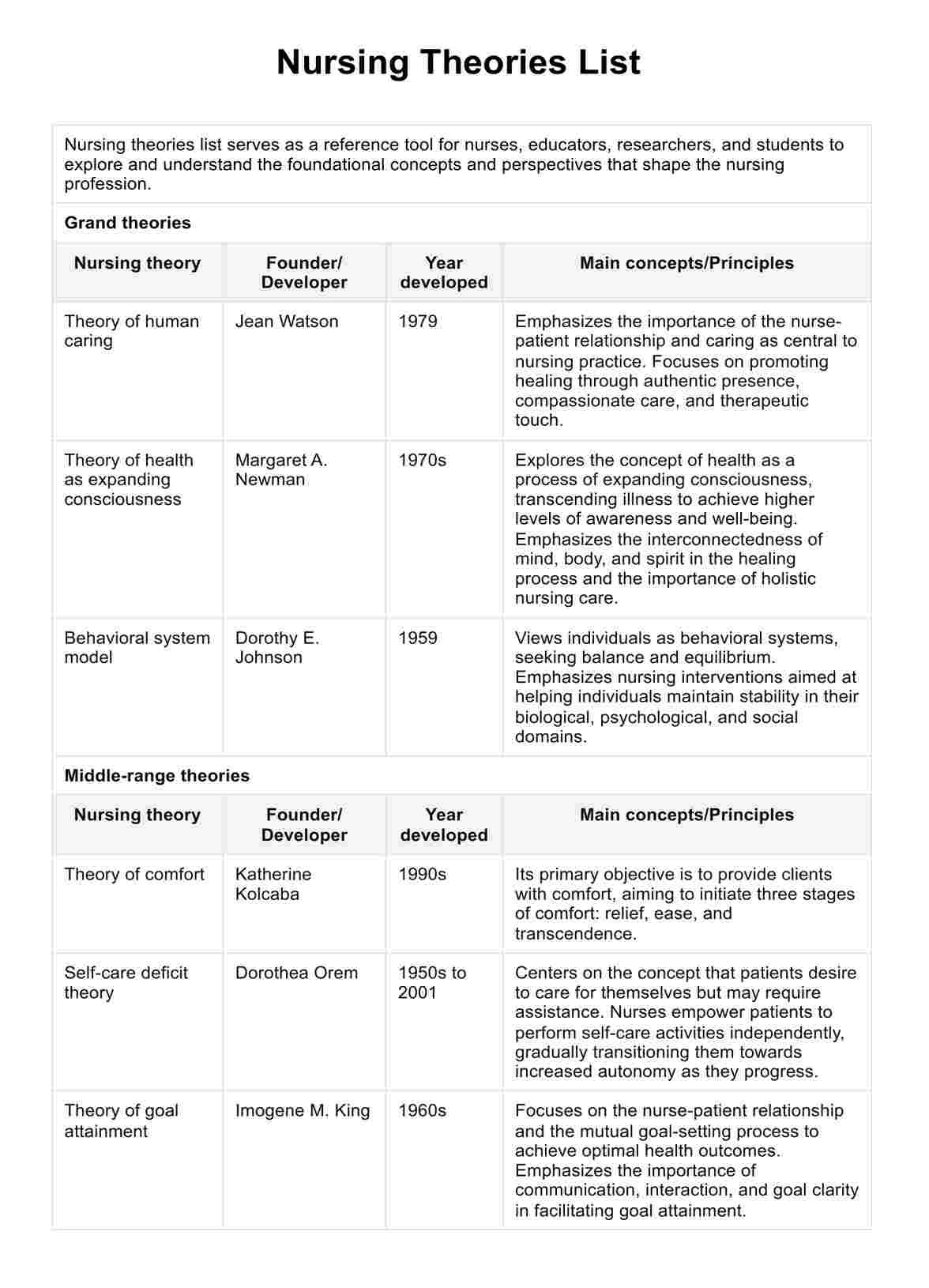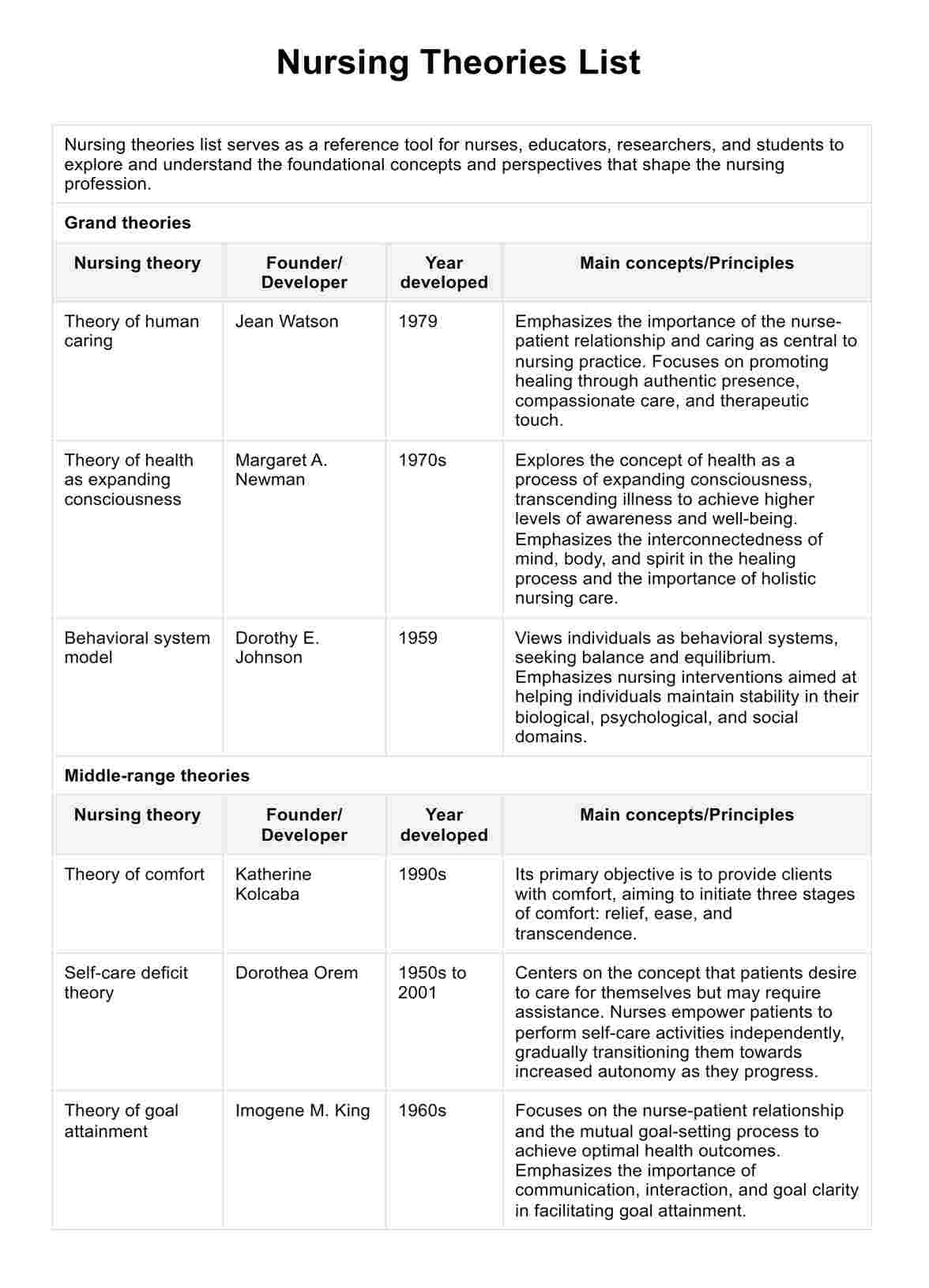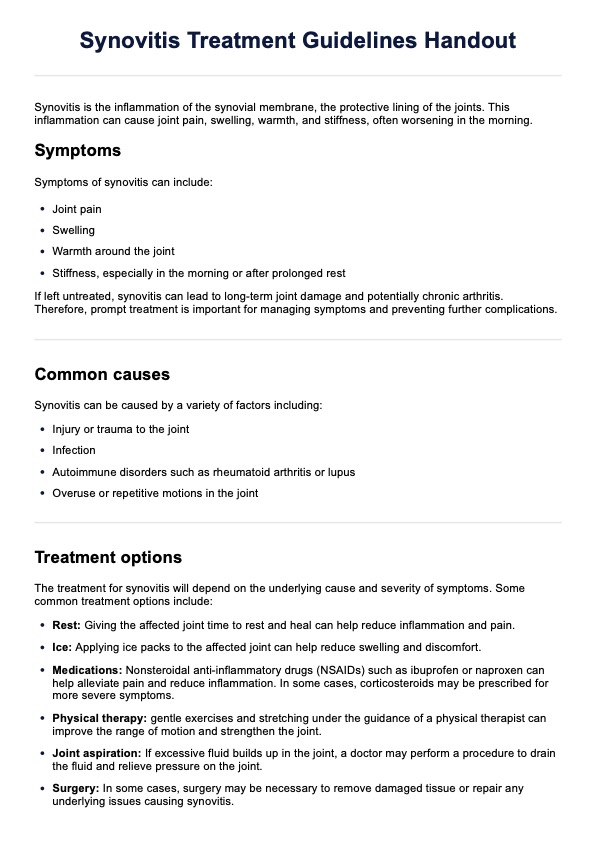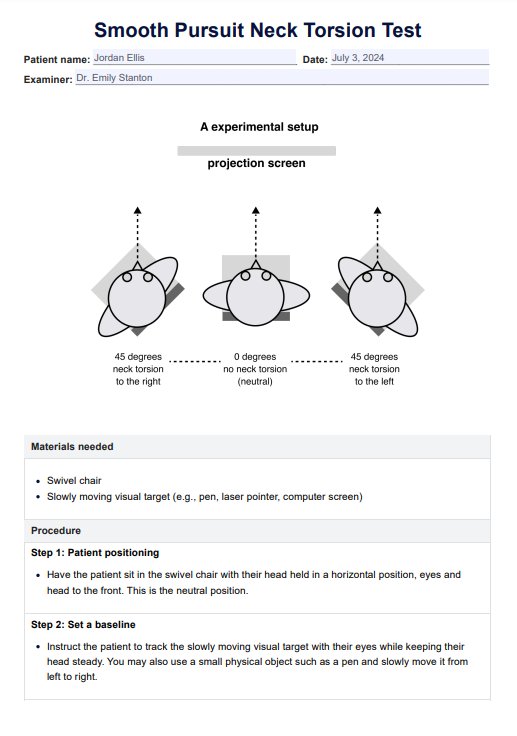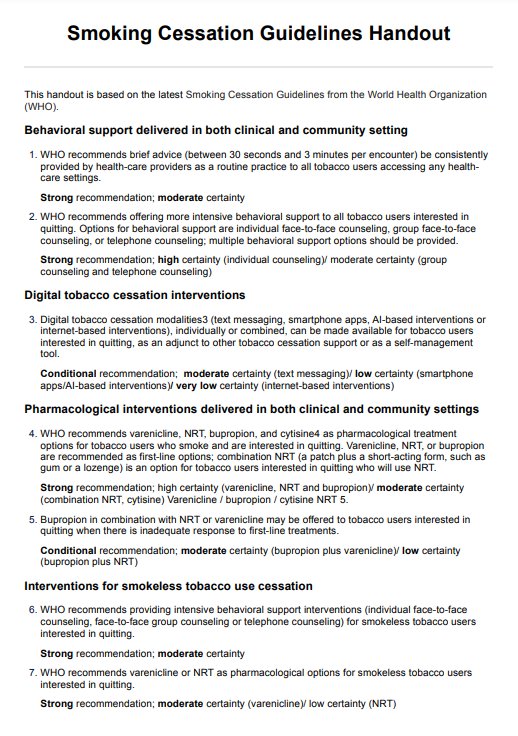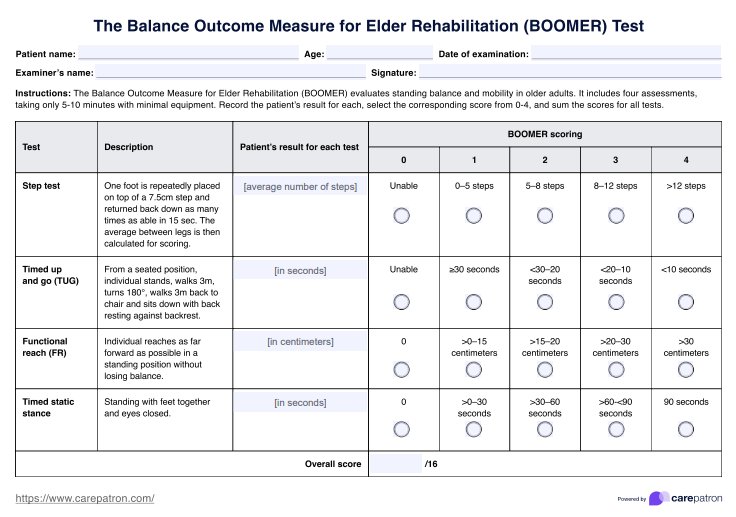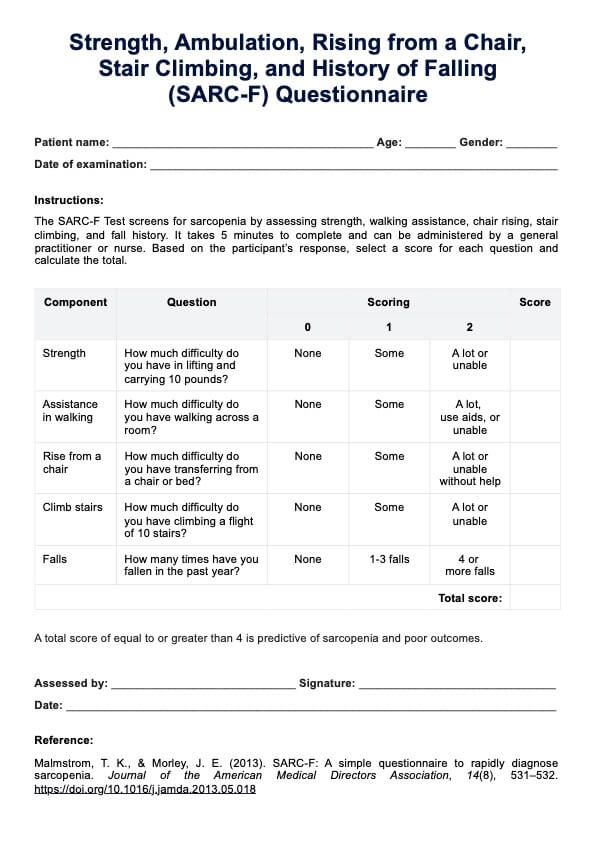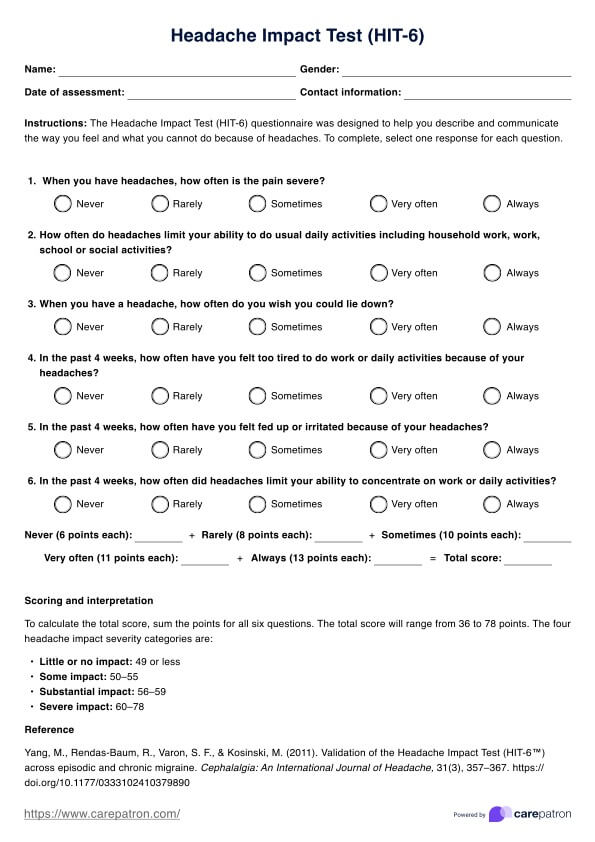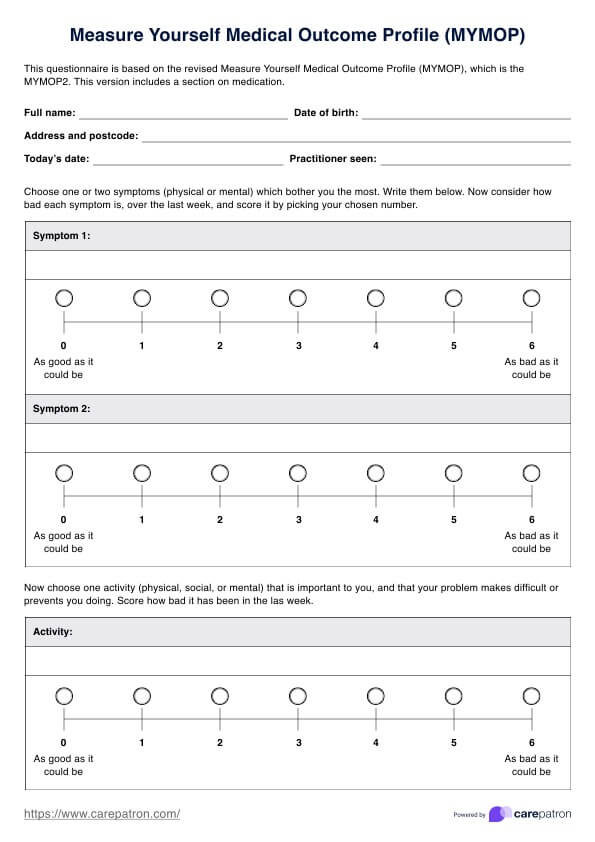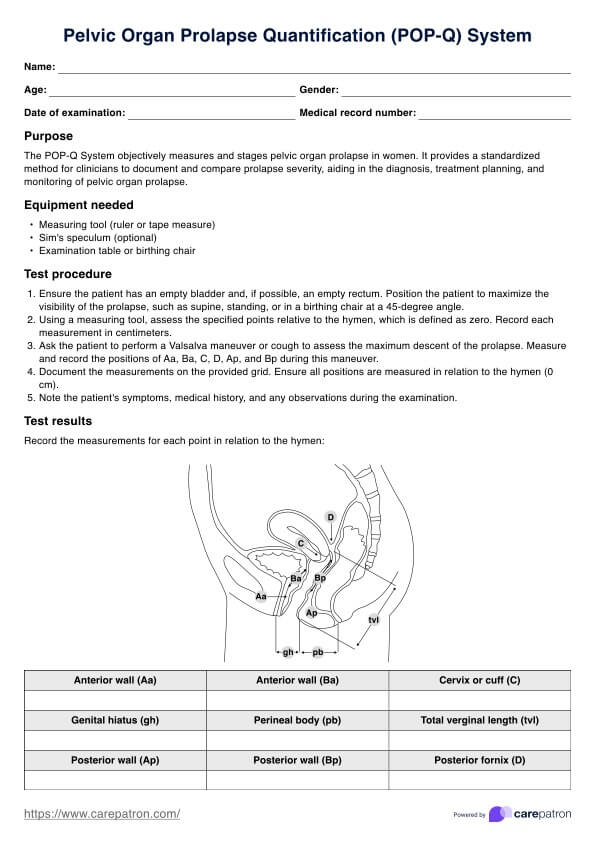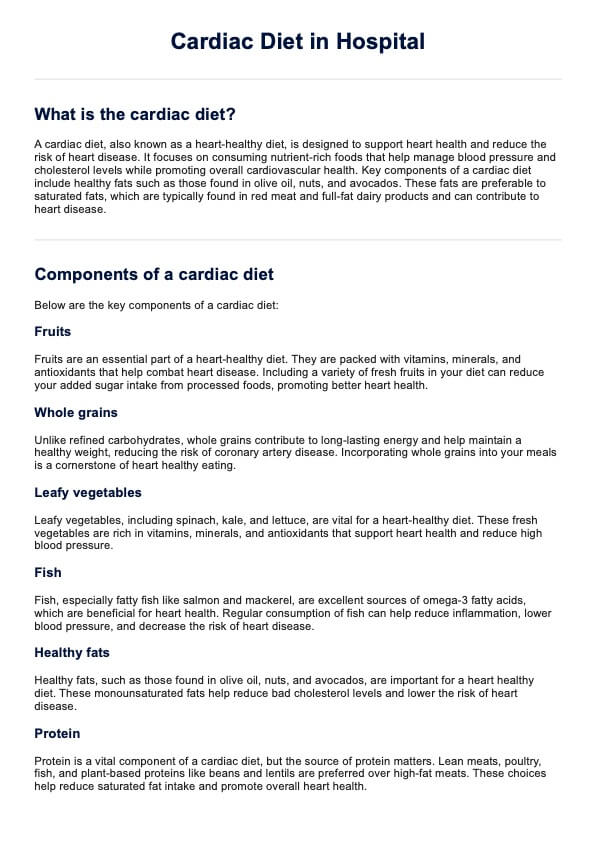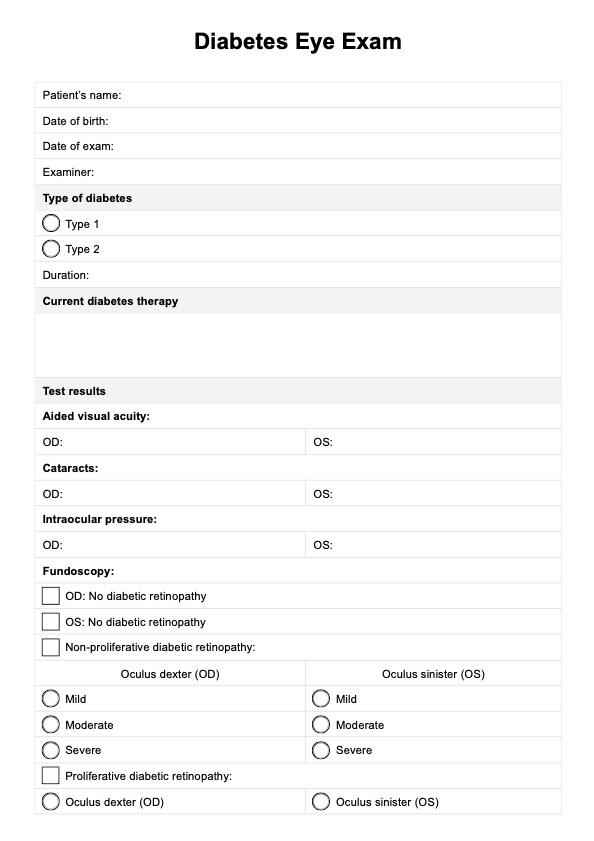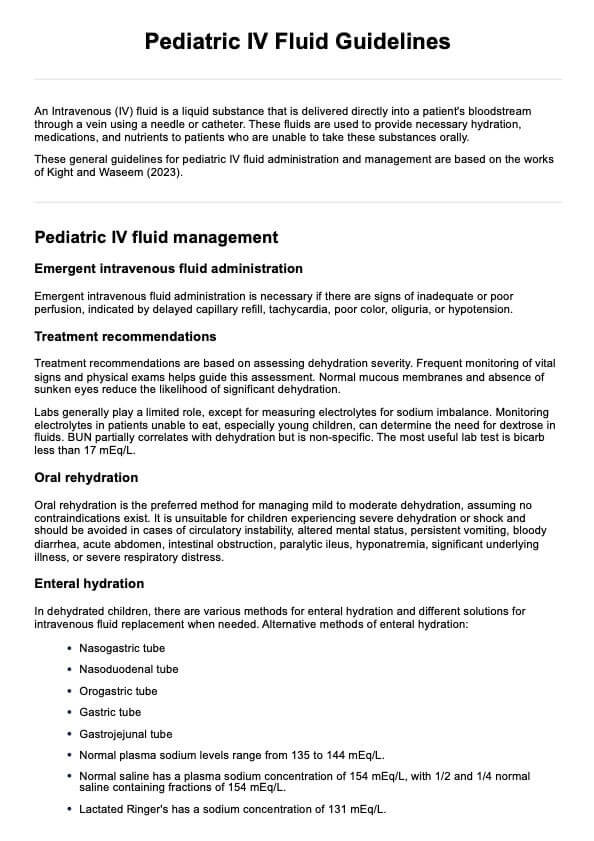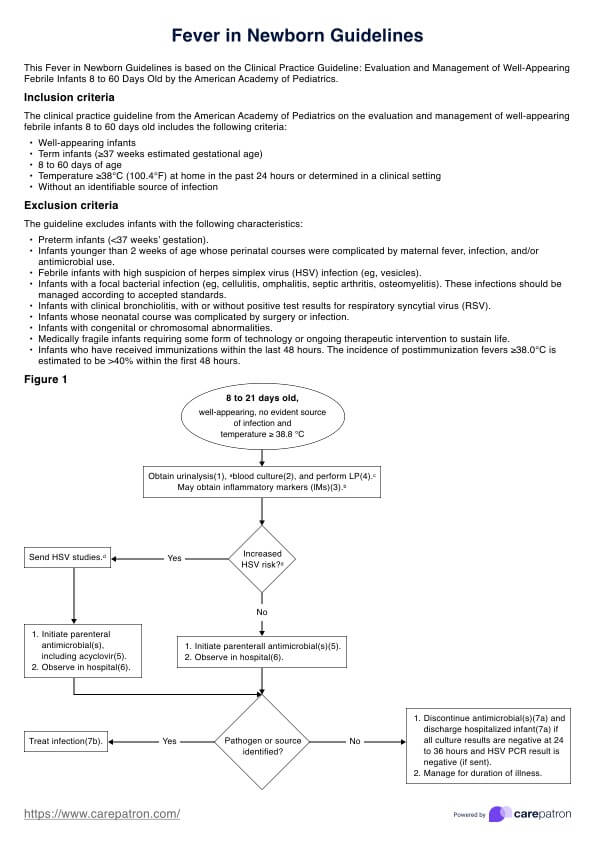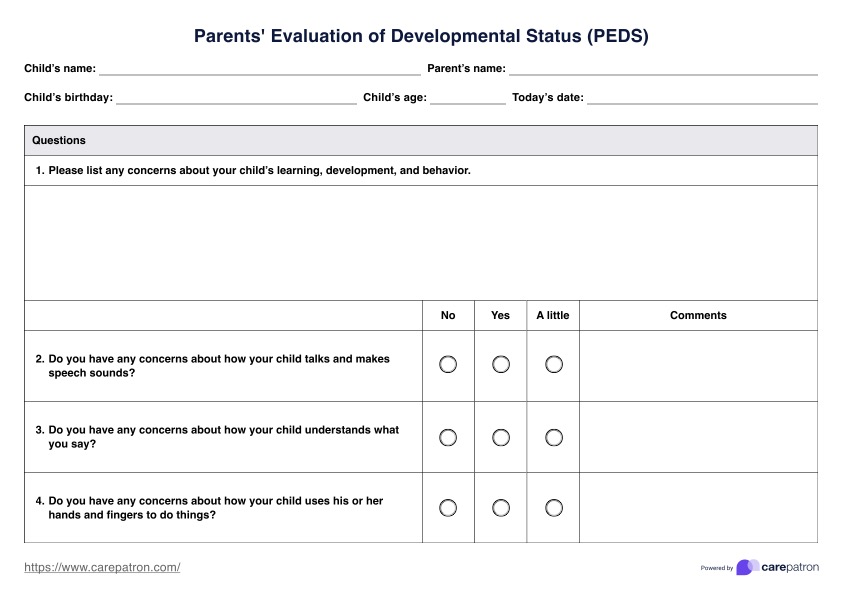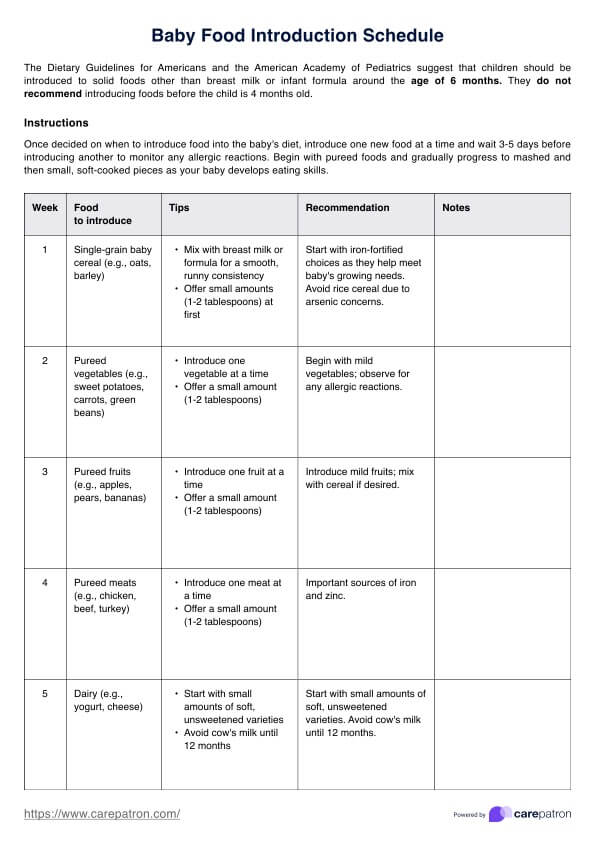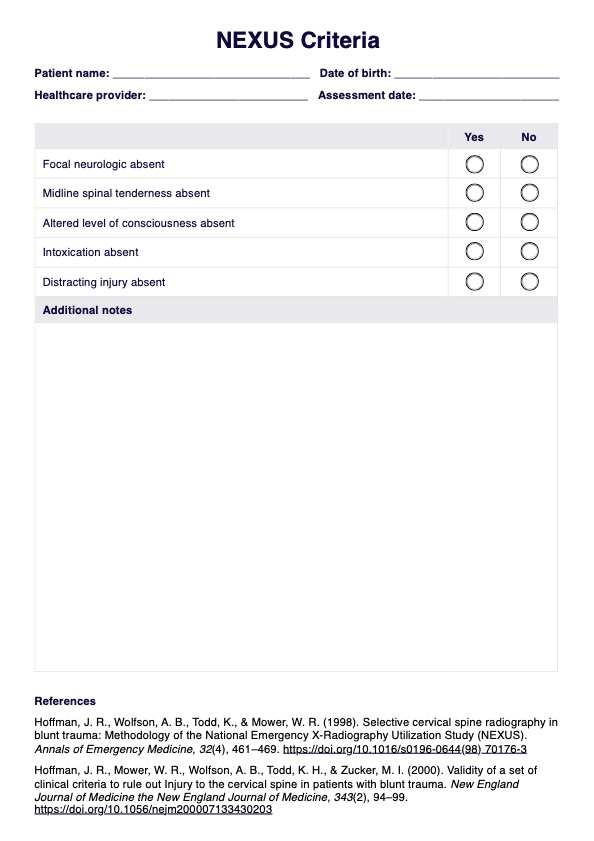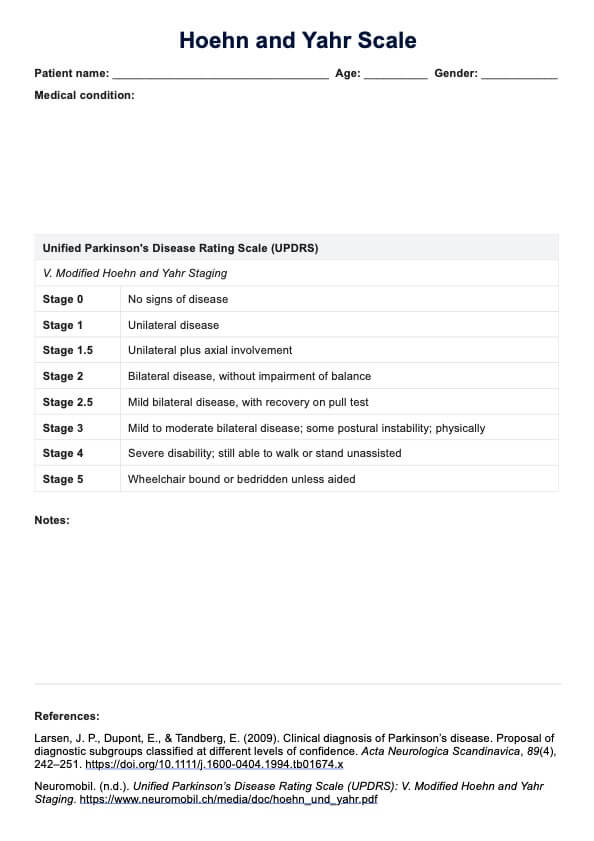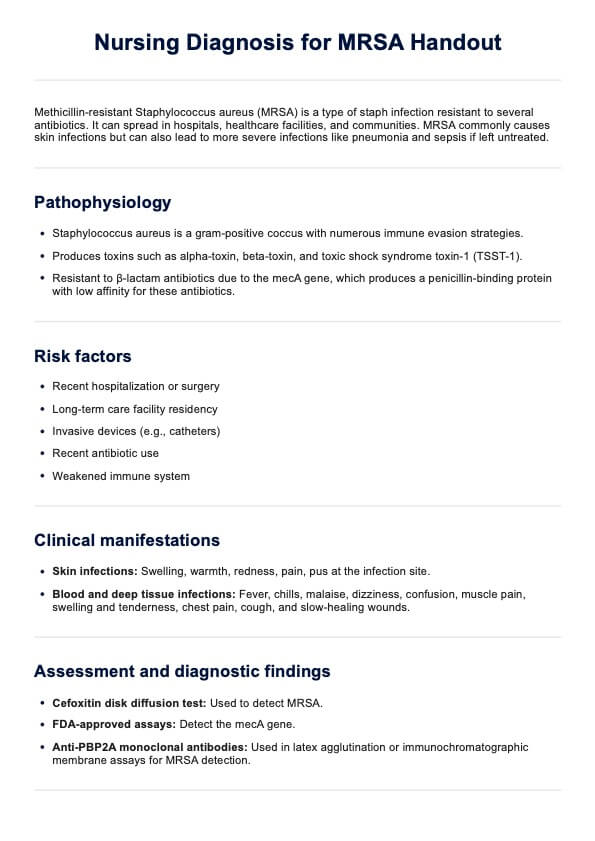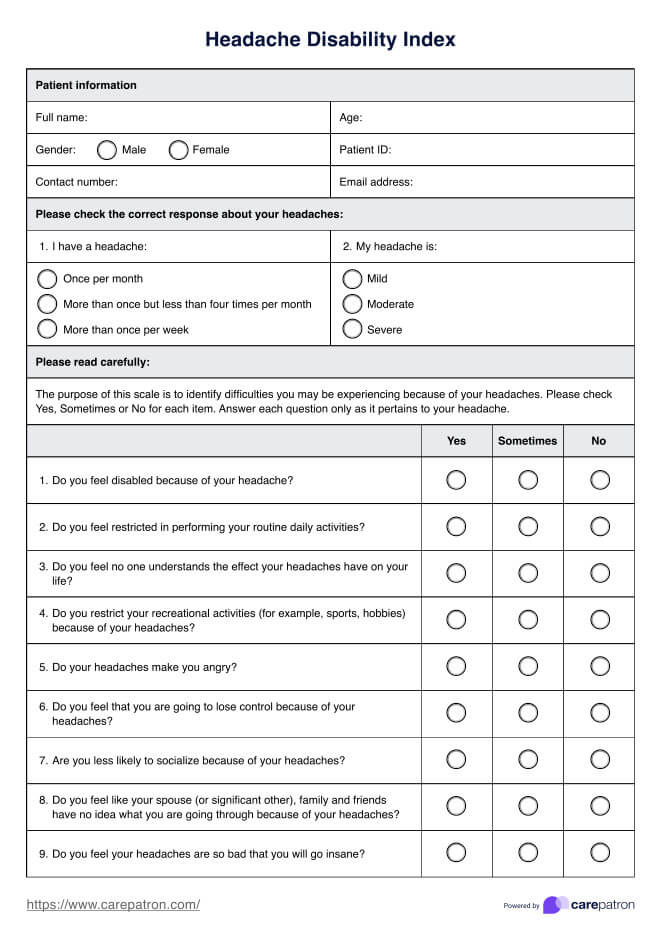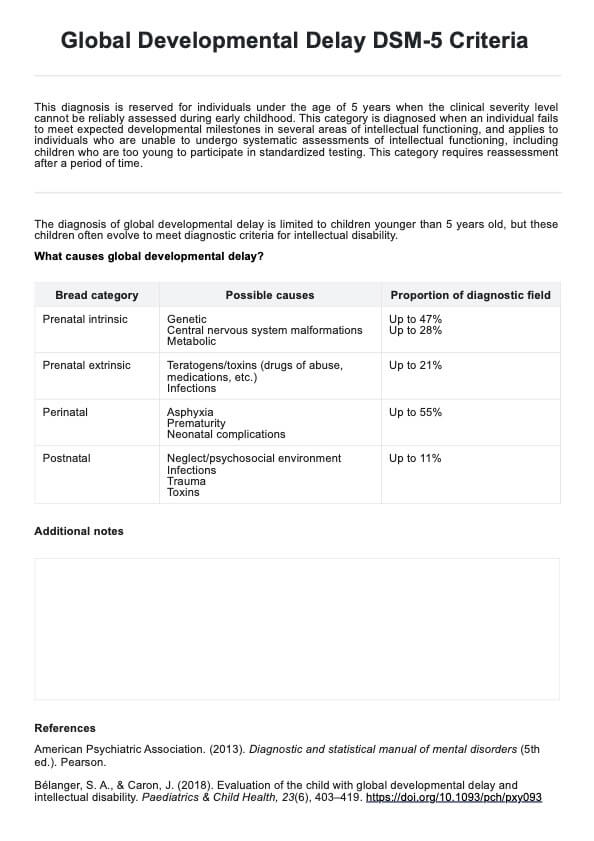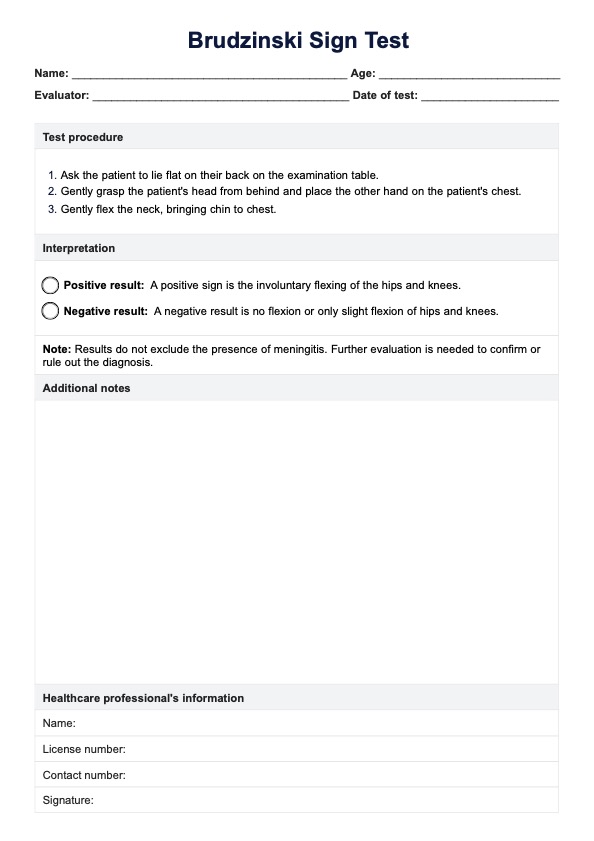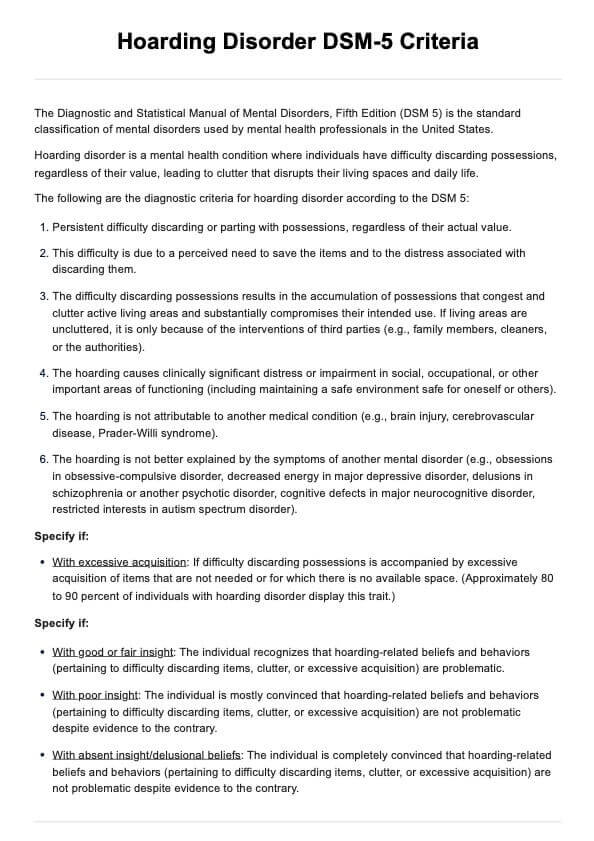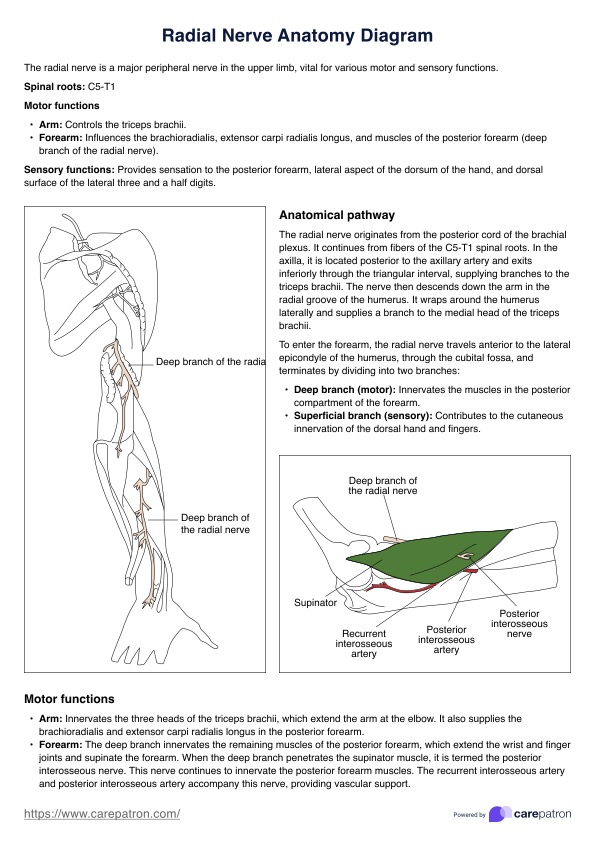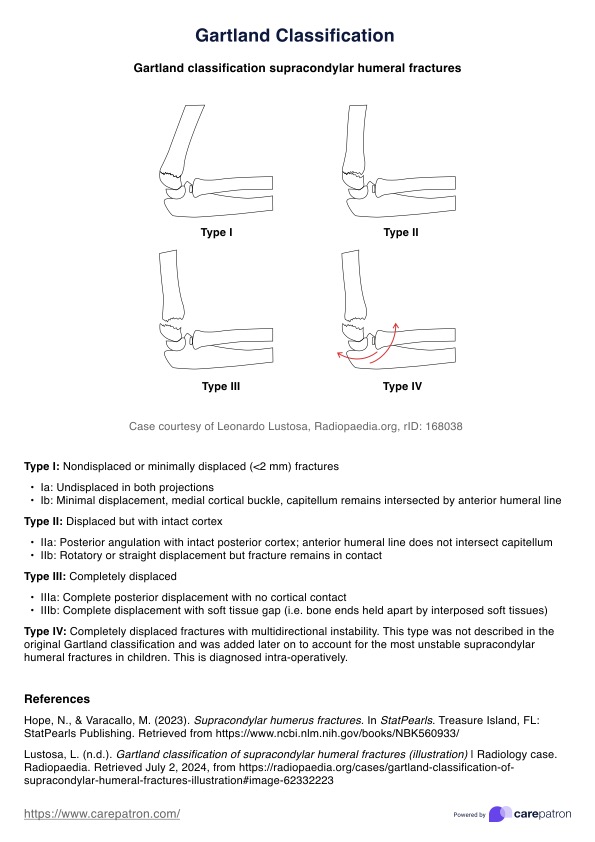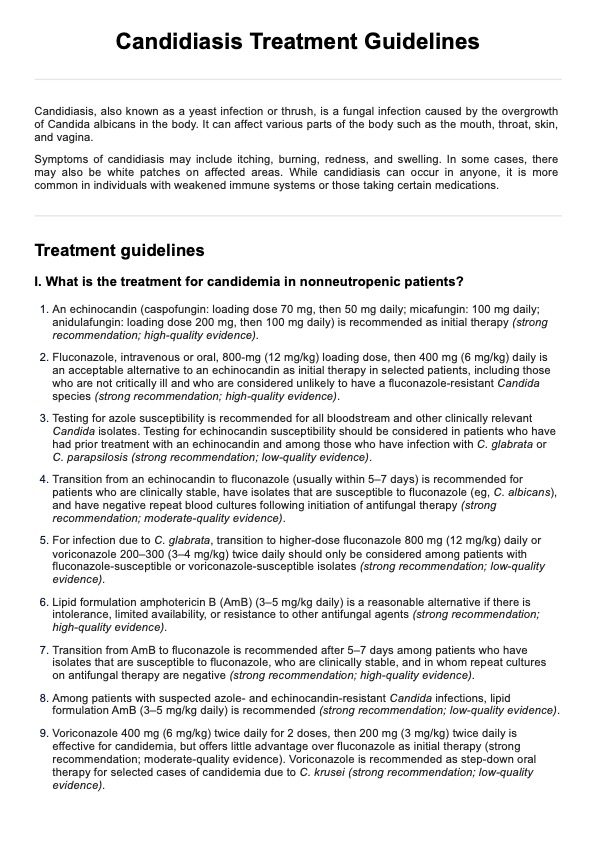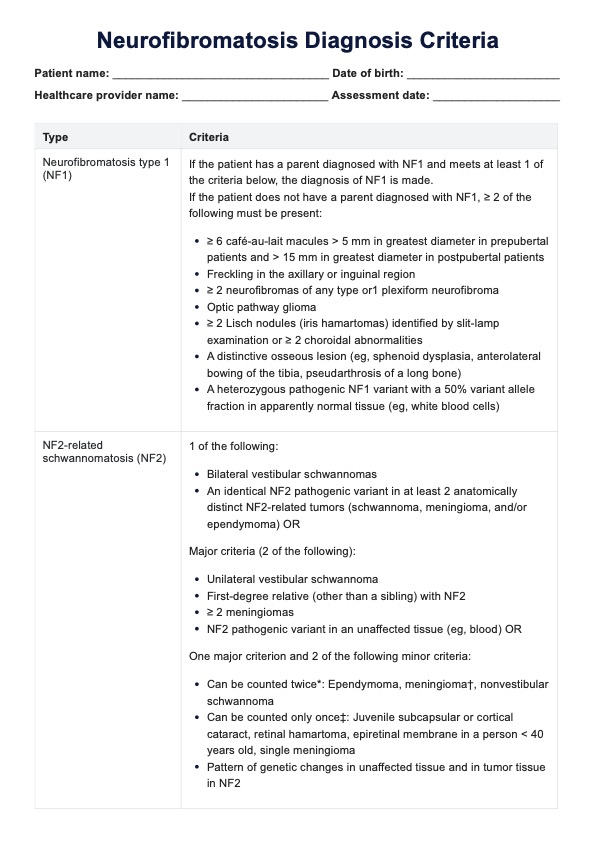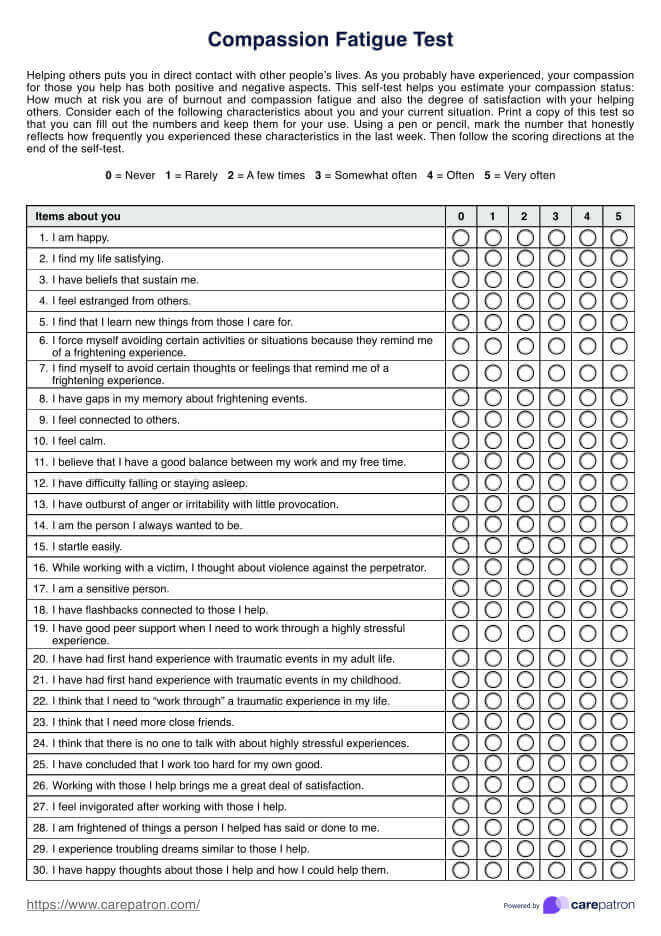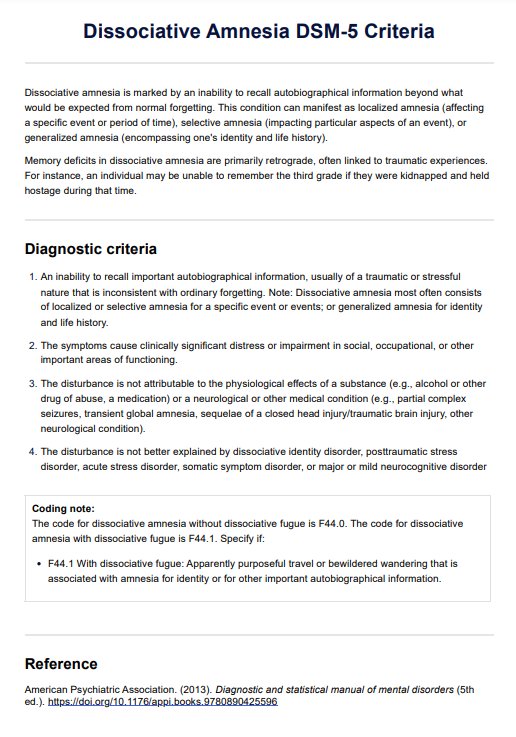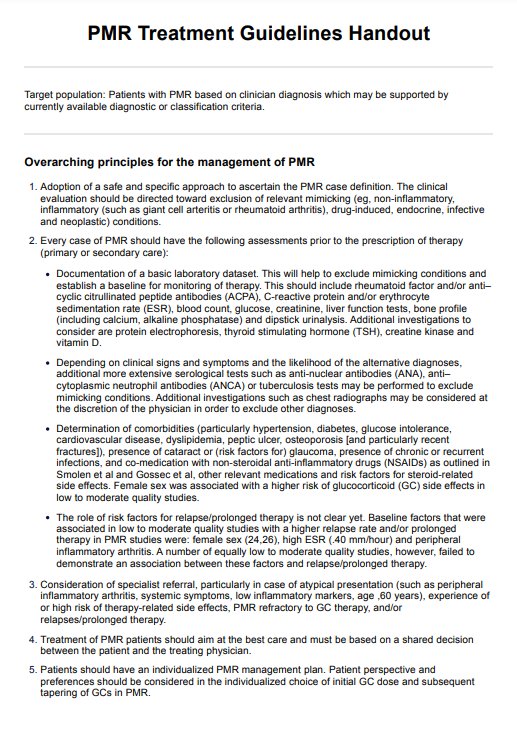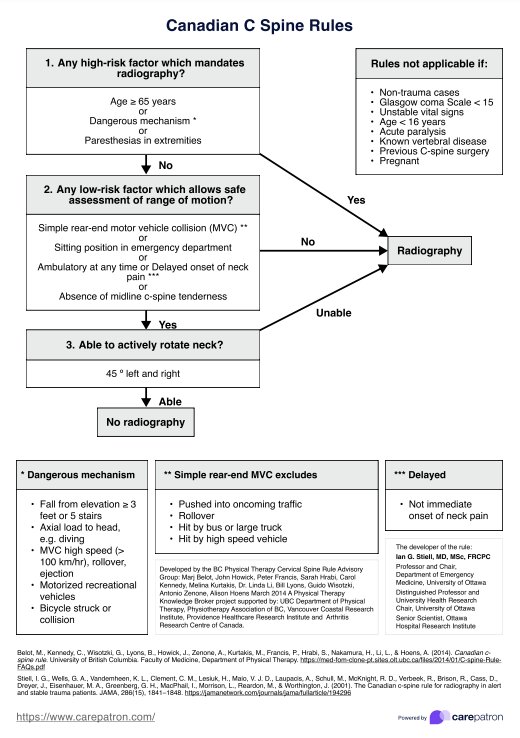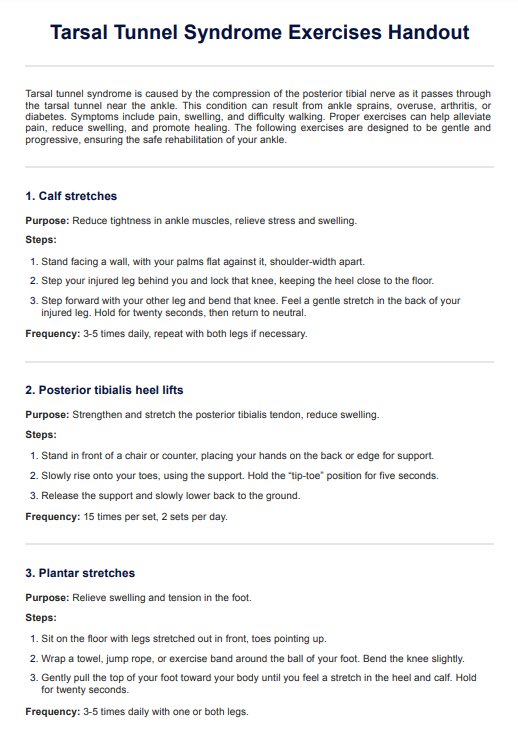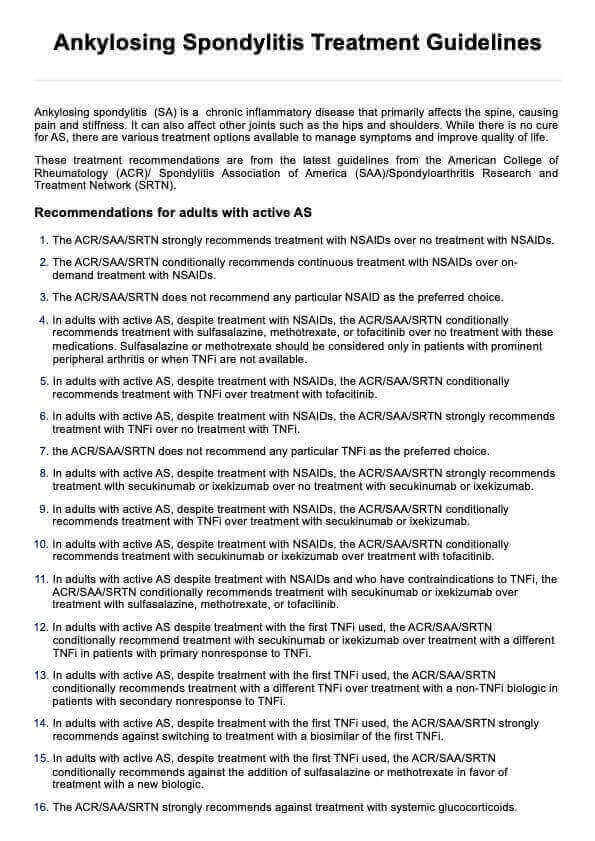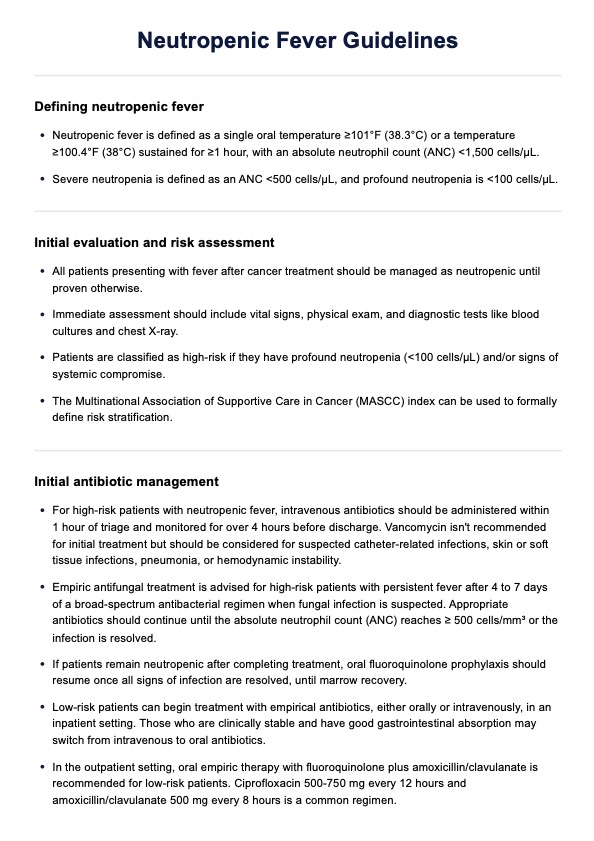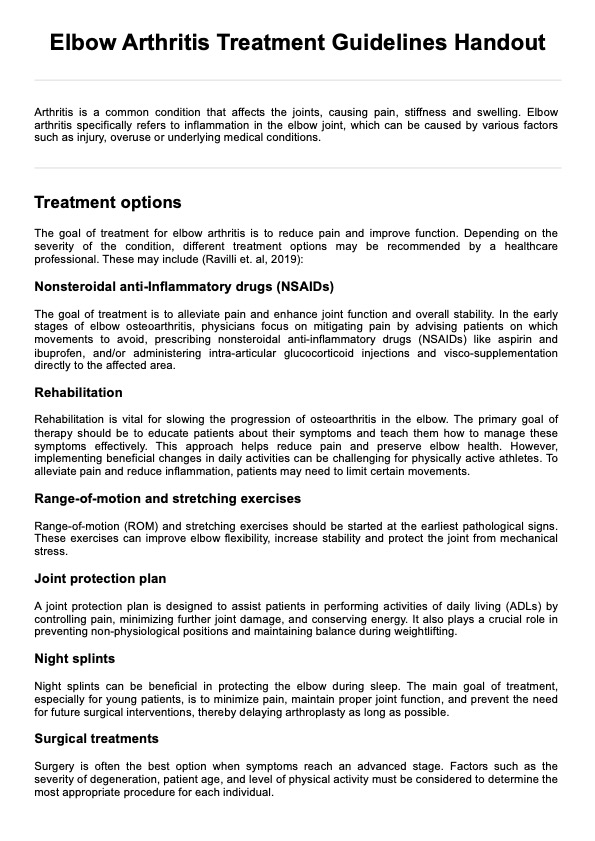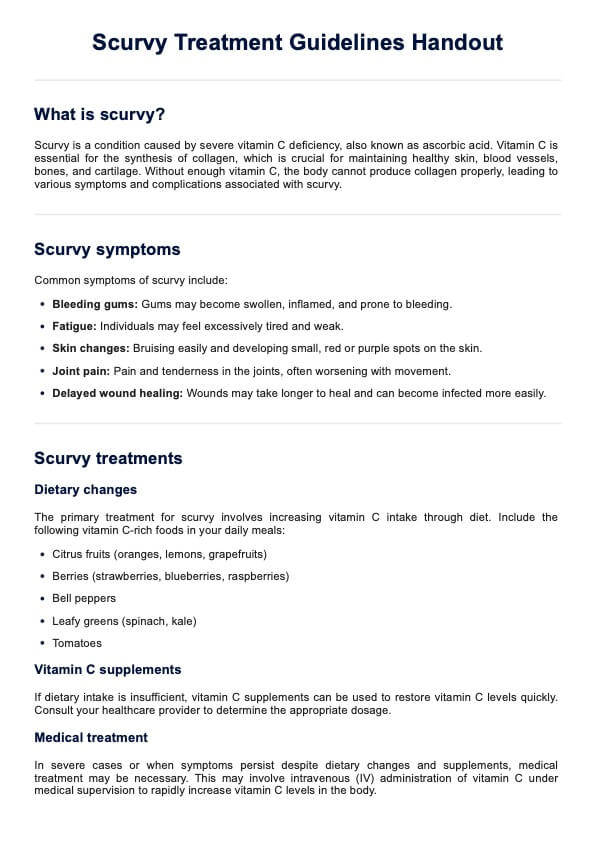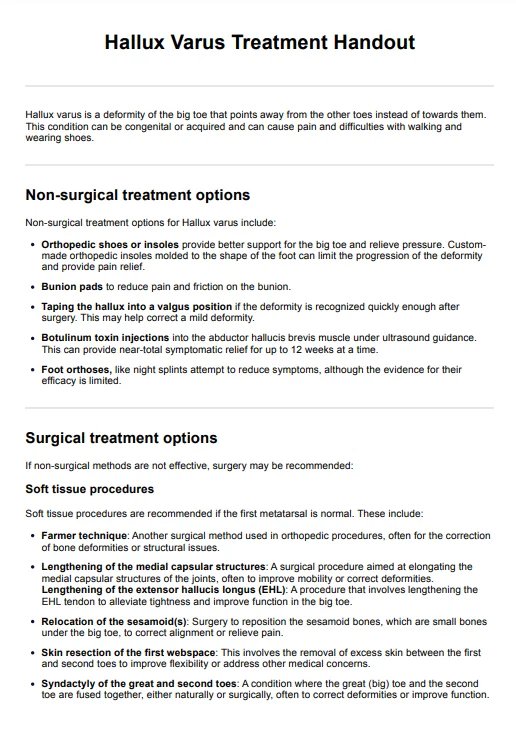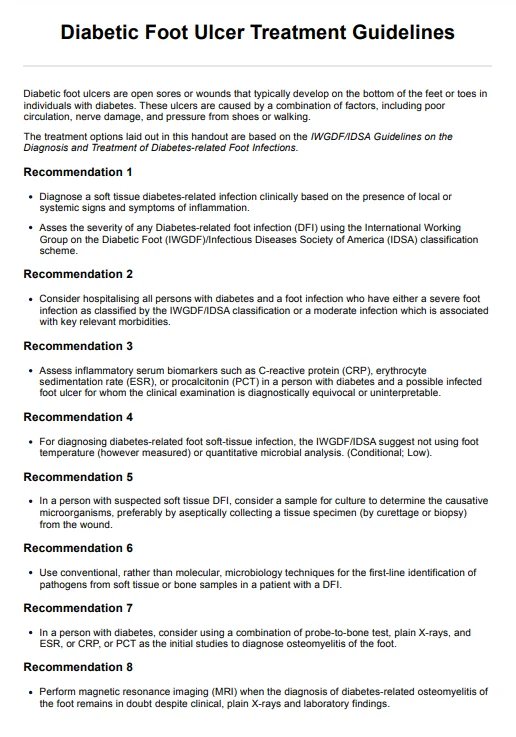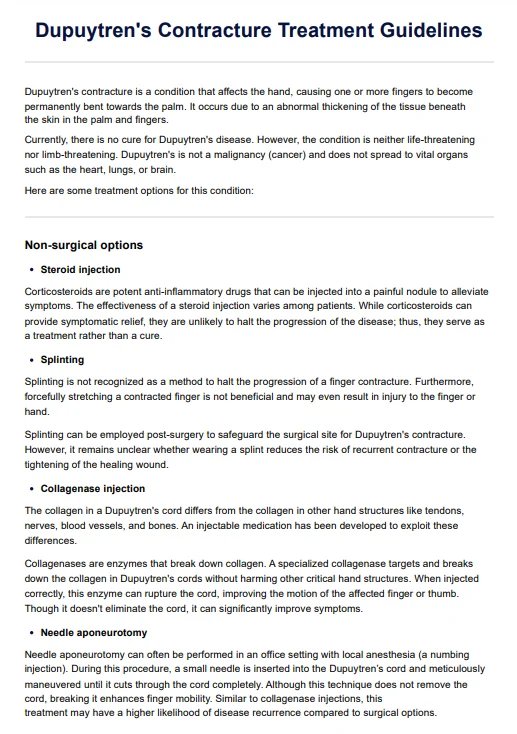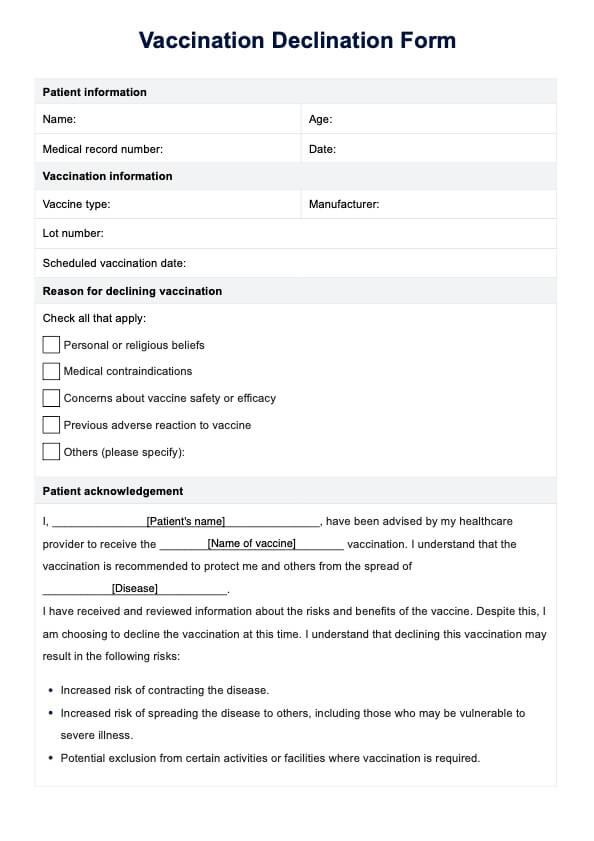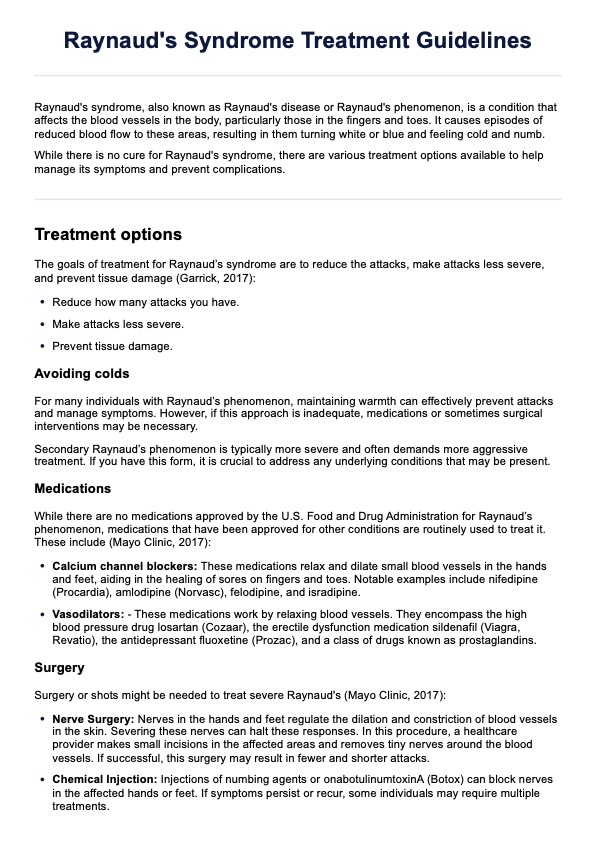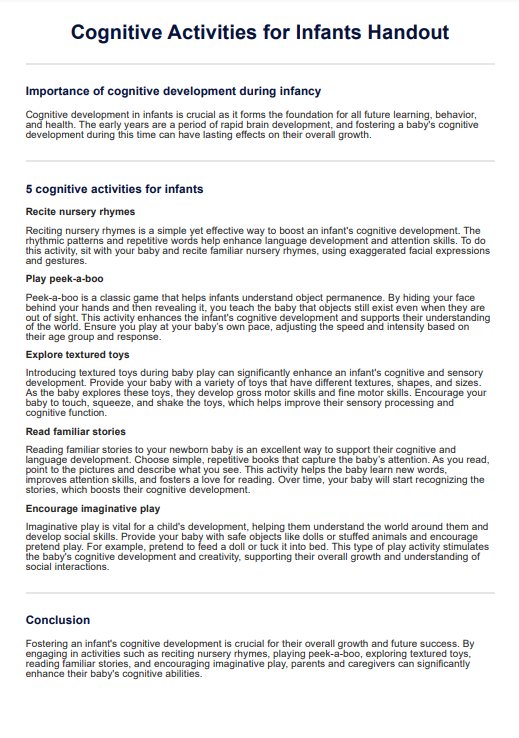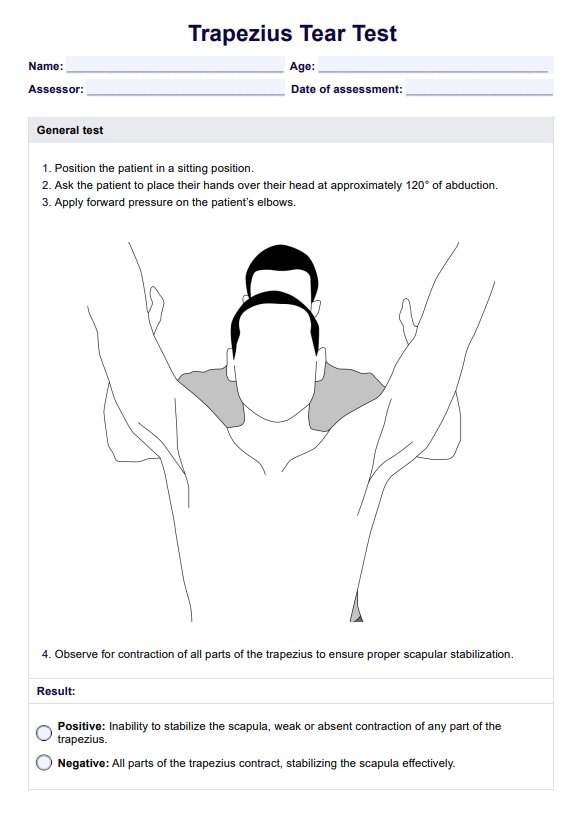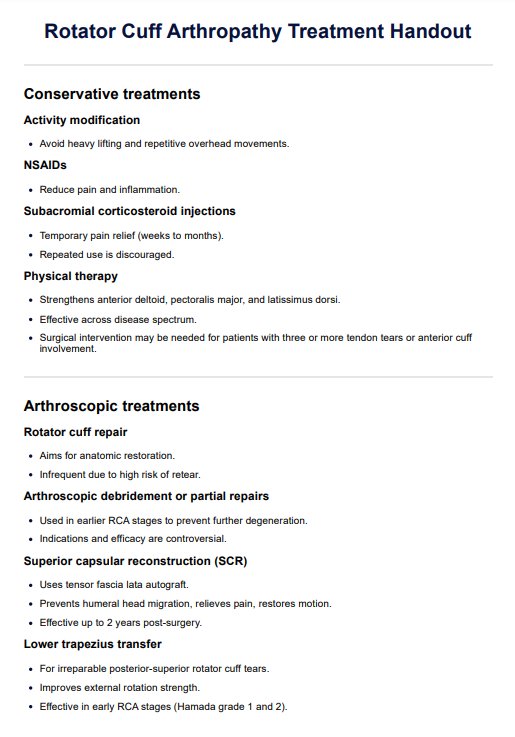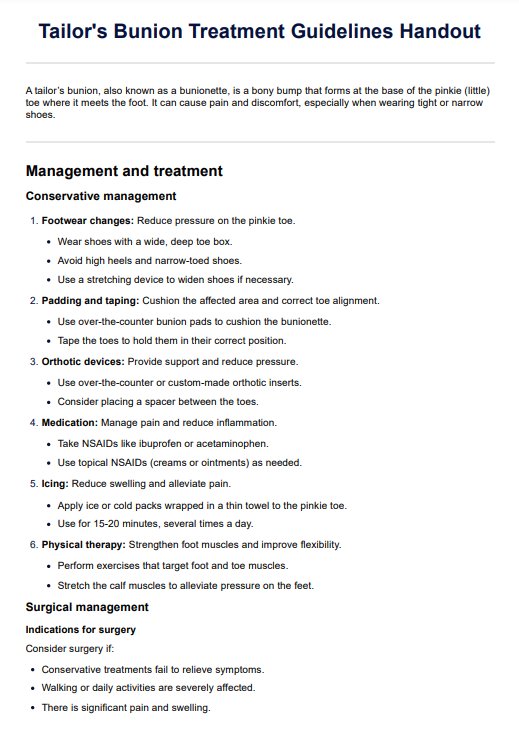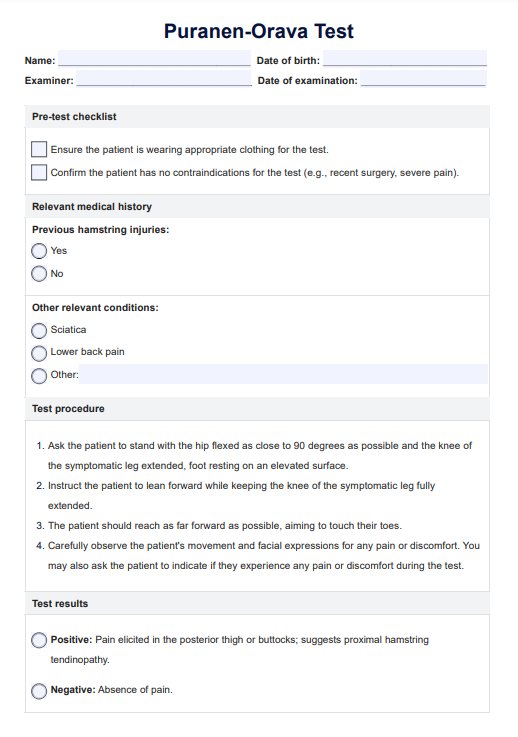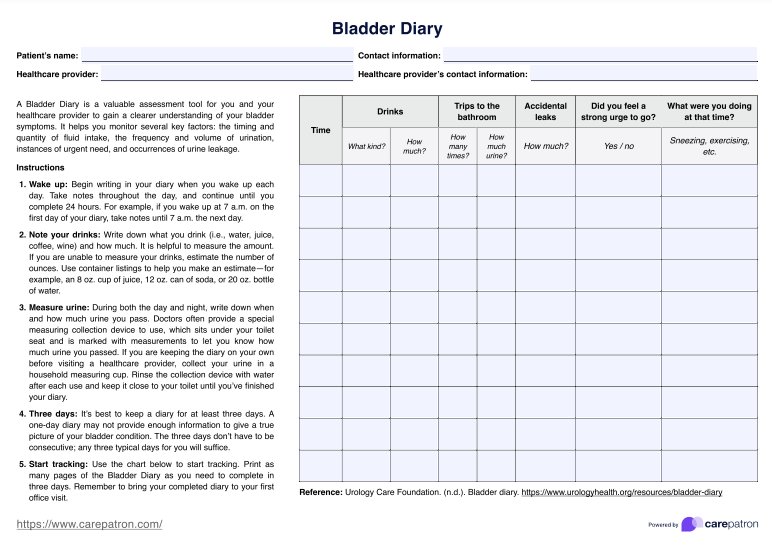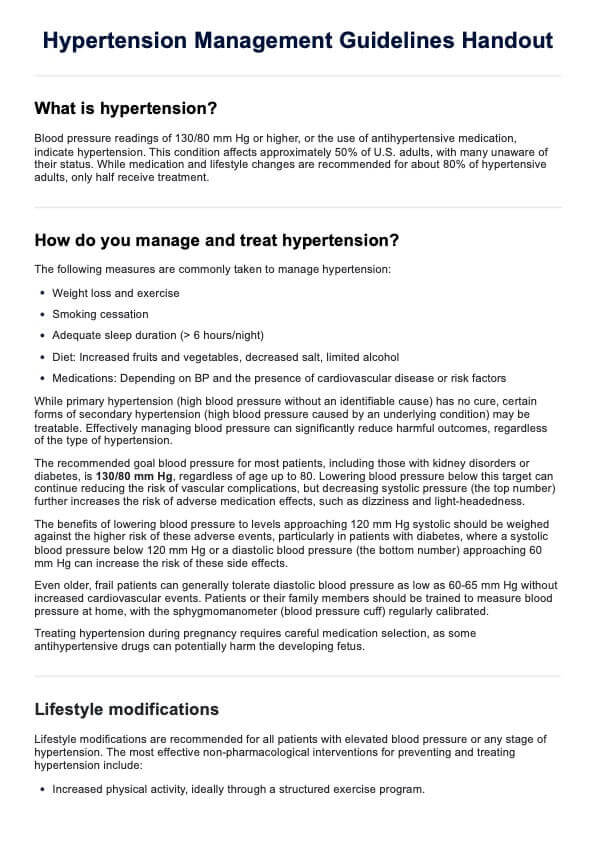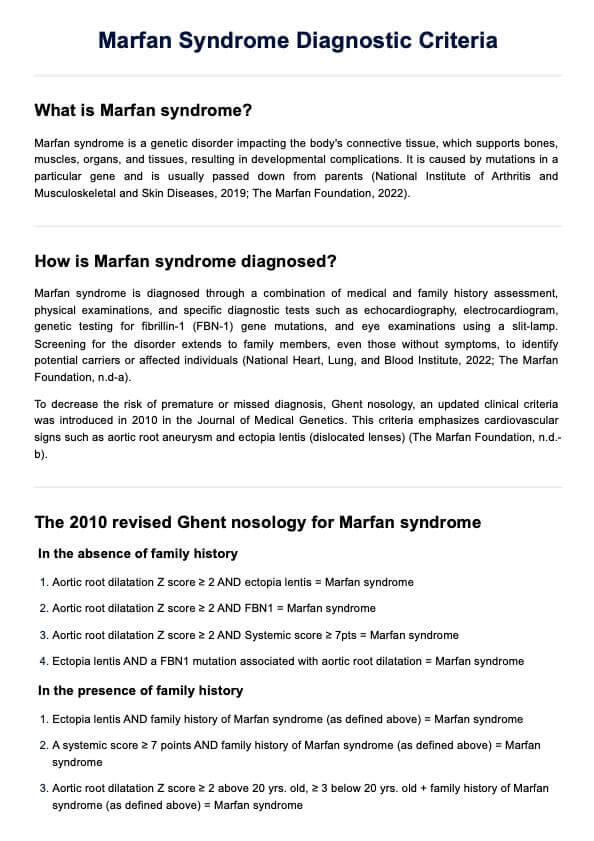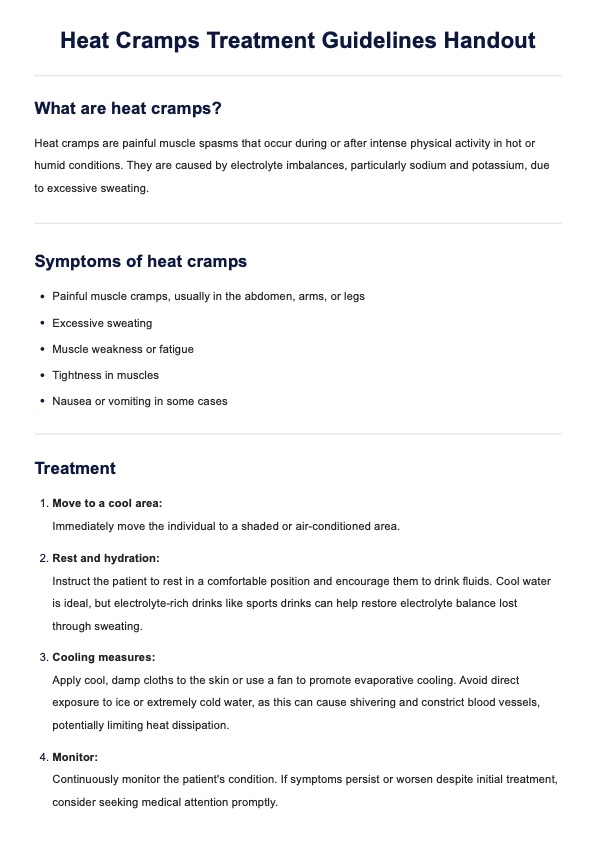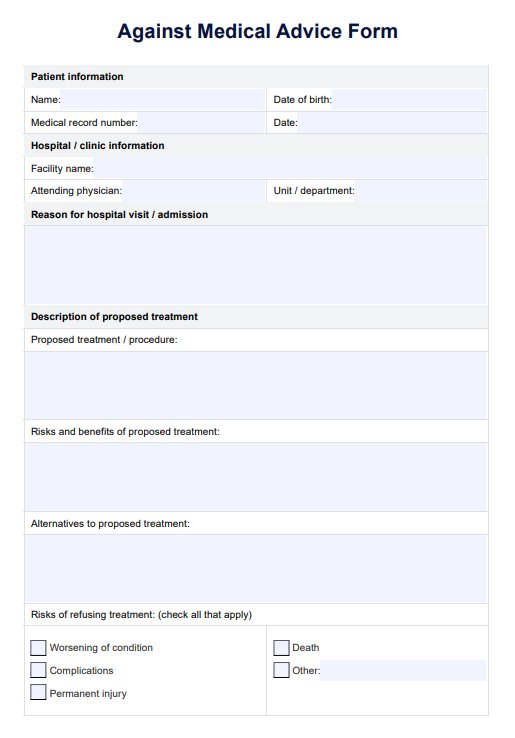Nursing Theories
Whether a nursing student or a seasoned professional, our Nursing Theories List can deepen your understanding of essential theoretical frameworks in nursing practice. Download now!


What are Nursing Theories?
As a profession, nursing demands astute decision-making abilities, especially in critical scenarios ranging from the fast-paced environment of an emergency room to the delicate care required in a neonatal intensive care unit (NICU). When nurses find themselves at the nexus of determining the most effective course of action for their patients, many considerations come into play. These considerations can span the patient's medical history and current condition to environmental factors and available resources.
Nursing Theories serve as organized frameworks that delineate the essence and extent of nursing practice, encompassing its scope, objectives, and underlying rationale. These theories furnish a structured foundation for nursing activities, education, and scholarly inquiry, delineating the distinctiveness of nursing within the broader healthcare domain.
Principally aimed at enhancing patient care and refining nursing practice, they furnish a logical basis for nursing interventions and inform clinical decision-making processes. Categorized into grand, middle-range, and practice theories according to their breadth and applicability, these theories encompass a diverse array of conceptualizations tailored to varying clinical contexts.
While nurses' challenges may vary widely, from acute emergencies to delicate neonatal care, the foundational principles encapsulated in nursing theories remain steadfast, empowering nurses to navigate complex clinical landscapes confidently and to self-care needs competently.
Nursing Theories Template
Nursing Theories Example
Levels of Nursing Theories
Levels of Nursing Theories exist to provide varying degrees of specificity and applicability, catering to the diverse needs and contexts within the nursing field. These levels, typically categorized as grand, middle-range, and practice theories, serve distinct purposes and target different nursing practice, education, and research aspects.
Grand theories
Grand theories are broad, abstract, and comprehensive in scope, offering overarching principles and concepts that address fundamental aspects of nursing practice and human health. They provide a conceptual foundation for understanding nursing and its relationship to health and well-being on a global scale.
Middle-range theories
Middle-range theories are more specific and focused than grand theories, offering explanations and guidance for particular aspects of nursing practice or phenomena within a narrower scope. These theories are often empirically grounded and seek to bridge the gap between grand theories and nursing practice by providing frameworks for understanding and addressing specific nursing issues.
Practice theories
Practice theories, also known as situation-specific theories or micro-level theories, are highly specific and contextually focused frameworks that guide nursing interventions and decision-making in clinical practice settings. They are developed based on empirical evidence and tailored to address particular clinical situations, patient populations, or nursing interventions.
Metaparadigms of Nursing Theories
The four main metaparadigms that provide the foundation for Nursing Theories are person, health, environment, and nursing systems. Here is a summary of each metaparadigm concept:
Person
The concept of person within Nursing Theoriesencompasses the individual or collective recipient of nursing care, whether individual, family, group, or community. It emphasizes a holistic understanding, considering the patient's unique values, beliefs, cultural background, and interpersonal relationships.
Health
Health, as defined within Nursing Theories, is a dynamic construct encompassing the processes of life and death and the continuum of wellness experienced by individuals. It evaluates the quality of a patient's well-being and acknowledges their access to healthcare resources and services. Furthermore, health is recognized as a subjective experience, with varied meanings and interpretations attributed by patients, healthcare providers, and the broader clinical context.
Environment
Within Nursing Theories, the environment encompasses all contextual factors influencing an individual's health status and healthcare experiences. This includes regional, national, and global conditions, such as cultural, social, political, and economic influences. The environment is not limited to physical surroundings but also encompasses internal and external factors that impact patients, such as their social support networks and healthcare settings.
Nursing
Nursing, as elucidated within nursing theories, encompasses the multifaceted roles, responsibilities, and actions undertaken by nurses in the provision of patient-centered care. It delineates nursing as a human science and a dynamic profession characterized by caregiving, advocacy, education, and evidence-based practice. Central to nursing is the nurse-patient relationship, which serves as the foundation for facilitating healing and promoting well-being.
Common Nursing Theories
Nurses often turn to diverse Nursing Theories to enhance their comprehension of patients and deliver optimal care. While these theories encompass various perspectives and approaches, they are typically classified into three primary categories.
Theory of Comfort
Emerging in the 1990s, this theory emphasizes nurses' focus on providing comfort to clients as their primary objective. By addressing clients' basic needs, nurses aim to initiate the three stages of life process of comfort: relief, ease, and transcendence.
Change theory
Change theory comprises a set of principles and concepts elucidating how change unfolds within individuals and organizations. It serves as a guidepost for comprehending the change process and the myriad factors influencing it. This framework posits that change is not an isolated event but a dynamic process involving distinct stages through which individuals and organizations navigate as they embrace new behaviors or practices.
Environmental theory
The Environmental nursing theory, originating from Florence Nightingale during the Crimean War, underscores the very nature and profound impact of the patient's environment on their health and recovery. Nightingale's pioneering work revealed the vital connections between environmental conditions and patient well-being. Central to her theory are five crucial requirements for patient care: access to pure water, fresh air, efficient drainage, sanitation or cleanliness, and exposure to light or direct sunlight.
Tidal model
Developed in the 1990s, the Tidal Model combines nursing with psychiatry to support individuals experiencing distress or illness. Rooted in the 10 Commitments, this model values the patient's voice and experiences, respects their language, fosters genuine curiosity, and guides patients toward self-discovery and empowerment.
Self-care deficit theory
Dorothea Orem's theory, developed from the early 1950s to 2001, centers on the concept that patients desire to care for themselves but may require assistance. Nurses empower patients to perform self-care activities independently, gradually transitioning them towards daily living and increased autonomy as they progress.
Cultural care theory
Madeleine Leininger's Cultural Care Theory underscores the importance of aligning nursing care with the patient's cultural beliefs and values. This self care theory also emphasizes incorporating the individual's religious beliefs, cultural practices, and values into nursing interventions to provide culturally congruent care.
Benefits of having a Nursing Theories List
This resource offers numerous benefits that enhance professional nursing practice, education, and research.
Guidance for professional nursing practice
Theories serve as foundational frameworks that shape professional and clinical nursing practice. A Nursing Theories List provides nurses with a comprehensive compilation of these theories, offering essential guidance on the theoretical underpinnings of nursing care. By referencing the list, nurses can gain a deeper understanding of the principles and concepts that inform their practice, aiding in clinical decision-making processes and ensuring that interventions are evidence-based and holistic. This ultimately contributes to the goal of restoring health and well-being for patients.
Educational resource for nursing education
A Nursing Theories List is a valuable educational tool for nursing students. It offers a structured overview of various theories, allowing students to explore different theoretical nursing perspectives and understand their relevance to nursing practice. By studying the list, students can deepen their understanding of fundamental nursing principles and concepts, preparing them for success in their academic studies and future careers as healthcare providers.
Reference for nursing research
In nursing research, theoretical frameworks play a crucial role in shaping study design, data analysis, and interpretation of findings. A Nursing Theories List is a valuable reference tool for researchers, enabling them to identify relevant theories for their studies. By incorporating established theories into their research projects, researchers can develop more robust theoretical frameworks and conceptual models, contributing to advancing nursing knowledge and evidence-based practice.
Professional development for healthcare providers
Nursing is a dynamic and evolving profession, requiring healthcare providers to stay updated on current theories for ongoing professional development. A Nursing Theories List facilitates access to various theories, supporting continuous learning and skill development. By engaging with the list, healthcare providers can expand their knowledge of nursing theory, explore new perspectives, and enhance their practice through evidence-based approaches. This continuous learning fosters professional growth and ensures that healthcare providers remain well-equipped to meet the evolving needs of their patients and healthcare systems.
Commonly asked questions
The most famous nursing theory is Florence Nightingale's Environmental Theory, which emphasizes the impact of environmental factors on patient health and well-being. This theory focuses on creating a conducive environment to maintain and promote healing and restore health.
Dorothea Orem is widely regarded as one of the most impactful nursing theorists. Her self-care deficit theory revolutionized nursing practice by emphasizing patients and families' ability to care for themselves with assistance when necessary. Orem's theory has significantly influenced professional nursing practice, education, and research, shaping how healthcare providers approach patient care and self-care management.
Nursing Theories contribute to evidence-based practice in healthcare by providing a theoretical framework that guides clinical decision-making and interventions. These theories ensure that practice is based on sound principles and evidence.


